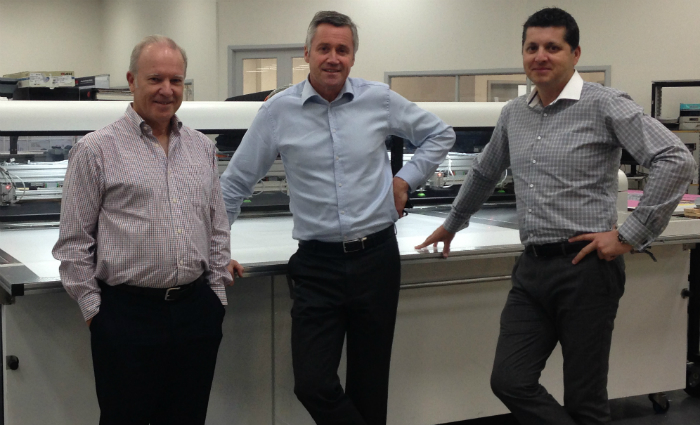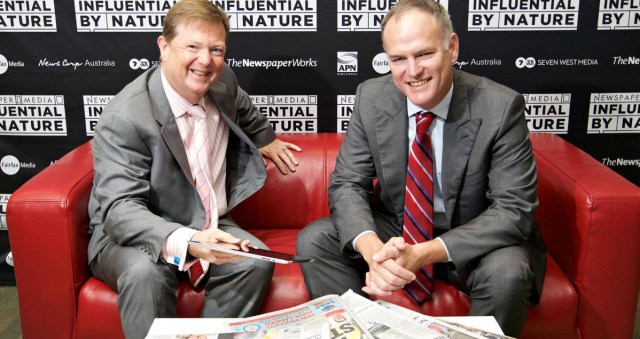
Former Sumo Visual senior managers say the profitable signage printer was derailed by new top executives installed by its private equity owners.
They say Harbert Management Corporation bought the majority stake in Sumo for about $18m in 2010 from its founder Matt Huber, and things continued fine under Huber’s leadership as chief executive for the next two and half years.
The sources say the $30m-a-year company’s woes began 18 months ago when Harbert replaced Huber with an interim chief executive, and later a new one in March, after Huber had a heart attack.
[Related: More companies in distress]
The sources say the new Harbert-directed management underpriced jobs and spent too much to the point where Sumo was losing tens of thousands of dollars a day in its last eight months.
The overspending included millions on executive salaries for additional layers of management that former managers claim brought ‘no value to the company’, and an $800,000 MIS system that ‘was never designed for manufacturing’ and did not have the required functionality.
The sources say company moved away from its customer-focused, end-to-end service model and implemented textbook corporate processes that split up each part of the design and manufacturing process into different areas with separate account managers.
Clients did not react well to the changes and left in large numbers ‘disillusioned’.
The managers say the company moved away from its retail printing base to focus on external signage and pursue a longer-term goal of offshoring most production to China, neither of which was financially successful.
“There was no strategy for the print business and new business was not being chased or generated. Digital was another good opportunity that wasn’t pursued,” one says.
The sources say decision making was done in secret and they say this led to significant budget shortfalls because budgets were based on sales that were only vaguely discussed with the client, such as $500,000 for trailer advertising for major client Masters which did not eventuate.
Another contributor to Sumo’s cashflow issues was significant underpricing on a tender for Woolworths that began in June 2013, and due to faulty costing is projected to have made a loss of at least $1m a year.
After an analysis discovered the scale of the problem early this year, an alternative plan was not presented to Woolworths until July and the pricing terms were never actually renegotiated.
At the same time, work was quiet between May and September this year as Masters was not doing much, but while management knew this ahead of time there was insufficient planning to account for it, or to drum up new business to see the company through.
Both staff and Harbert lost confidence in management to the point where the sales and accounts teams had a more than 80 per cent staff turnover in the last six months, and lost senior figures like head of design and innovation Robert Grosso and sales director Gary Fawcett.
The sources say by March this year Sumo was being propped up by money from Harbert, which invested $5-6m, plus losses, over the course of its ownership.
[Related: More wide format news]
The sources say Harbert was already discussing options with administrators from October 15 and an overseas buyer offered to buy the company for $1 and take on its debts, which he was told were about $1.5m
The buyer came to Australia to see facilities and meet staff, and it was only through the acquisition process that Sumo’s true financial position was uncovered and the debts turned out to be closer to $5m.
The sources say he ‘had a real desire’ to buy the company until then, and walked away when Harbert declined his request to chip in $1.5m towards the sale. With the eleventh hour bid dead, the company was put into administration on October 29.
All 80 staff, including then chief executive Ken Swan, were terminated when the administrators came in and discovered there was nothing to pay them with, including one worker who had just showed up for his first day on the job with no idea it no longer existed.
Sumo boasted some of the biggest retail contracts in Australia with clients including Target, Dan Murphy’s, Masters, McDonald’s, and Red Rooster. Retail was 70 per cent of its business.
Comment below to have your say on this story.
If you have a news story or tip-off, get in touch at editorial@sprinter.com.au.
Sign up to the Sprinter newsletter



